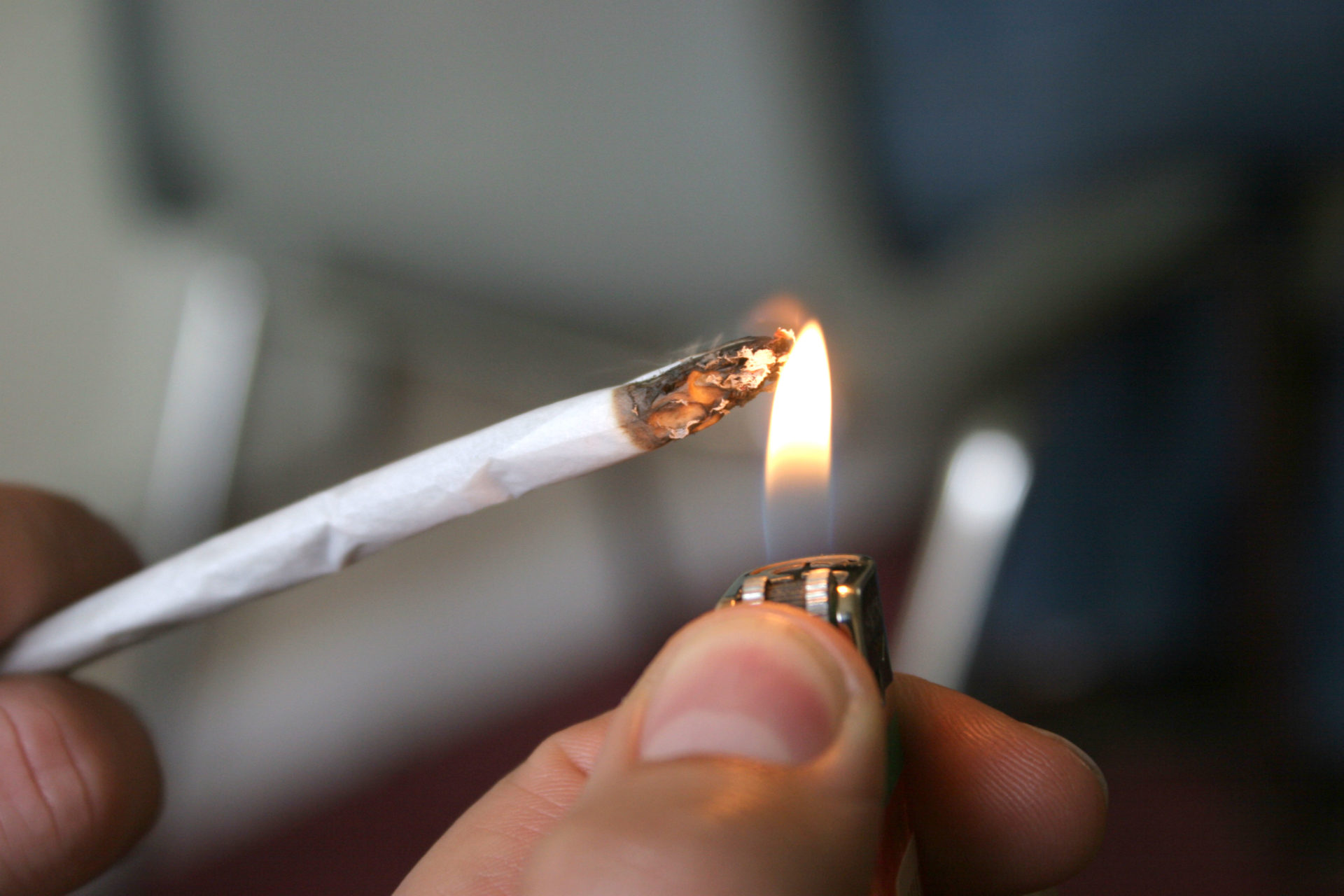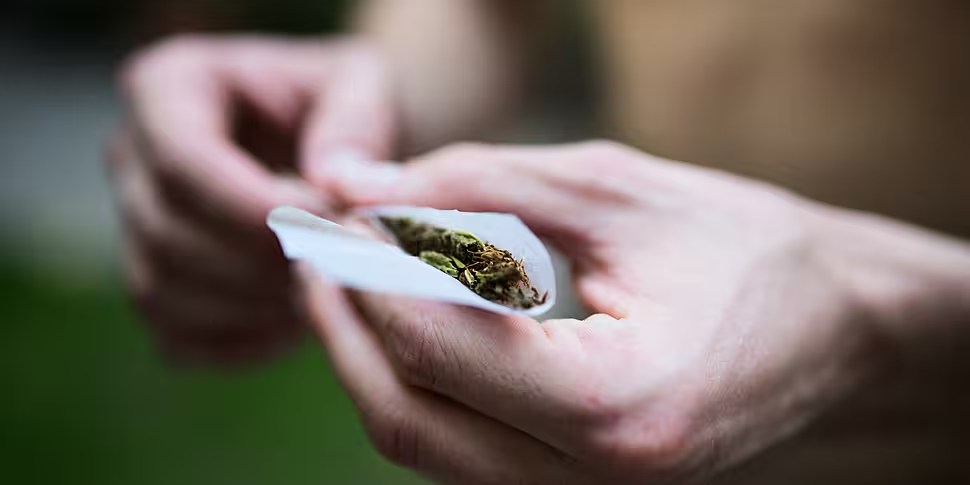The German parliament has approved controversial plans to legalise the personal use of cannabis.
The measure was passed by Germany's lower house, the Bundestag, on Friday.
From April 1st, adults there will be able to buy up to 25g of the drug a day - or up to 50g per month - for recreational use.
The figure will be capped at 30g a month for those aged under-21.
Users will also be able to grow up to three plants each for private consumption.
The plans, part of German Chancellor Olaf Scholz's social reform programme, passed by 407 votes to 226.
Germany's upper house, which represents 16 state governments, could in principle delay the legislation, though it does not formally require the chamber's approval.
 A cannabis cigarette being smoked, 30-4-08. Image: Joe Bird / Alamy
A cannabis cigarette being smoked, 30-4-08. Image: Joe Bird / AlamyBavaria's conservative state government has also said it would examine whether legal action could be taken to halt the law.
German Health Minister Karl Lauterbach said: "We have two goals: To crack down on the black market and improved protection of children and young people."
He said Germany's current laws had failed, as usage is growing and the country is facing increasing problems from contaminated or overly-concentrated batches.
An estimated 4.5 million Germans use the drug.
Mr Lauterbach added: "Whatever we do, we can't carry on like this. You can stick your head in the sand... but we won't solve a single problem that way."
He said research suggested the best approach to managing the drug was to remove its social taboos and ensure users are informed about the risks.
'The most stupid thing I've ever heard'
Tino Sorge, a member of Germany's centre-right opposition, criticised the plans.
"You are asserting in all seriousness that, by legalising more drugs, we will contain drug use among young people," he said.
"That is the most stupid thing I've ever heard," he added.
The measures also allow German residents aged 18 and over to join non-profit "cannabis clubs," with a maximum of 500 members each, which can grow the drug for their members' personal use from July 1st.
Under the new legislation, dealers caught selling to children or youths could be jailed for up to two years.
Advertising and sponsorships featuring the drug will also be banned, along with smoking it near schools, playgrounds and sports facilities.
Germany becomes the ninth country to legalise recreational use of the drug, while many more allow its medical use as a painkiller.
A recent report from the Citizens' Assembly on Drugs Use urged the Government to stop treating drug use as a problem for the criminal justice system and focus on healthcare solutions instead.
Chair Paul Reid has said this approach could put an end to a "vicious cycle" of criminal sanctions for drug users.
Reporting by: IRN









